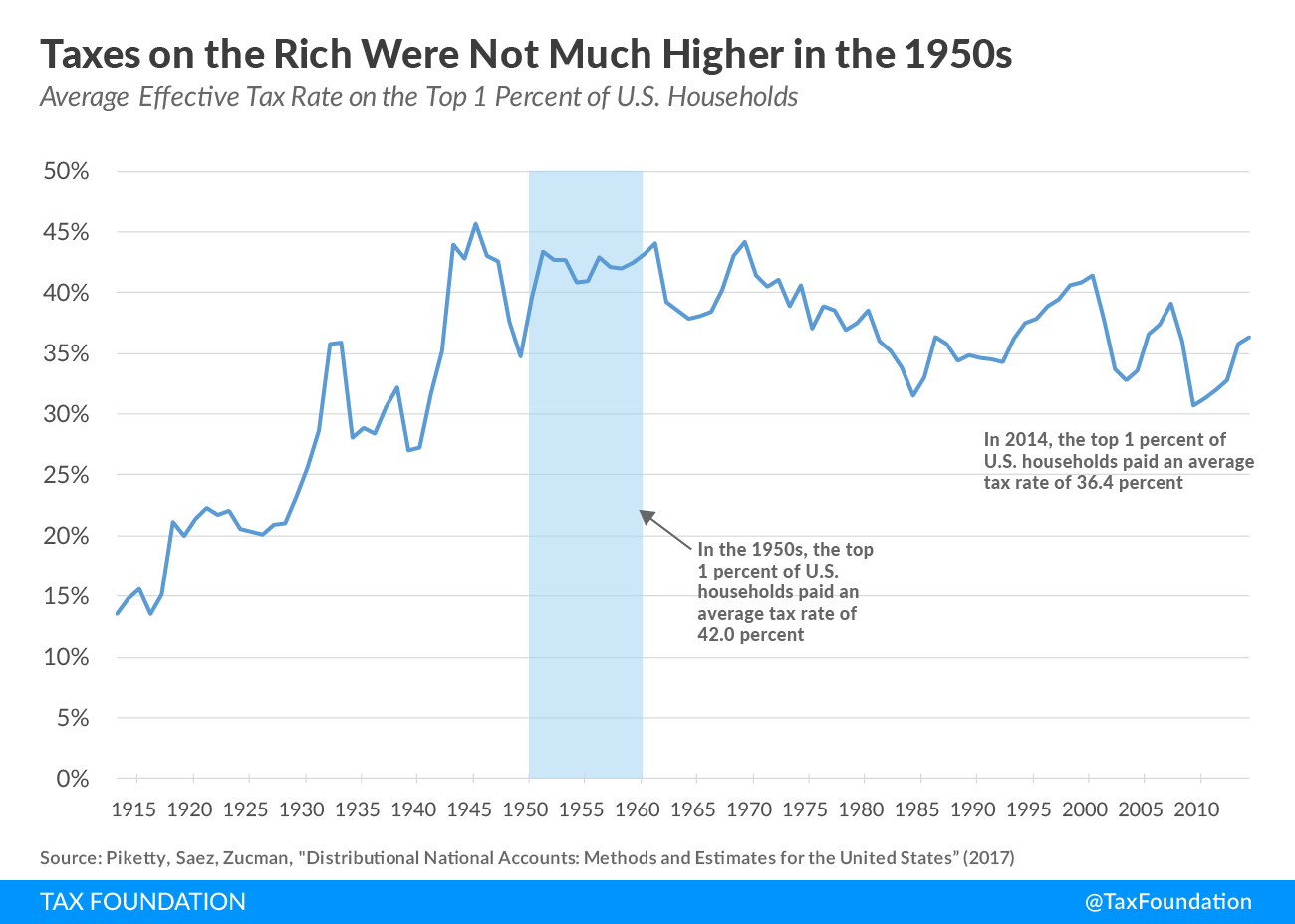I was just explaining my thoughts and technical part, not my preferences (i.e the wish of the POTUS is not enough in real world to spy on you). Of course, i was taught at the university, that power will ruin the person. I guess that is true. Of course, i depends on the specific person, but i presume, that the only difference is the price

. I.e even the most honest person can be bribed, but whether it is cost effective or not, is another matter.
For example, in my country in my capital, the party who won the city election, got their majority votes from those who earn mostly less than average salary or are russians who dislike the political parties which are mostly favoured by Estonias. However, as the Estonians are somewhat divided (some are leftists, some are centric, some are righties, some are something in between, some are dumb i.e do not know what or who is Ohm's law ). So they only need to promise something a la free local public transport in Tallinn and they got the power. Later they increase the local land tax

. For example, i paid for a 1600 m2 land in the suburb of Tallinn around 150 euros per year until 2008. After that it was increased by the city to almost 600 euros. The caveat is that the those who like public transport, live in big apartment buildings and those who do not live in a private house. Regarding the taxes, if you are over 65, then your land tax is quite small, a la the same land would be about 100 euros. Thankfully, the goverment of the country passed a law around 2010, that up to 1500 m2 of your primary private property land is free assuming you do not have registered any business entity to it.

